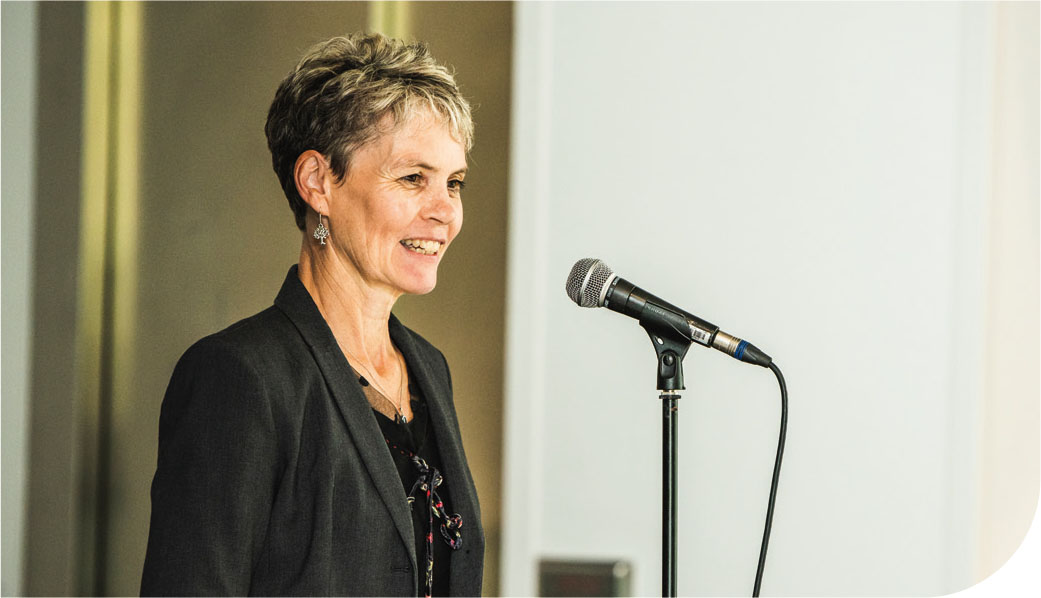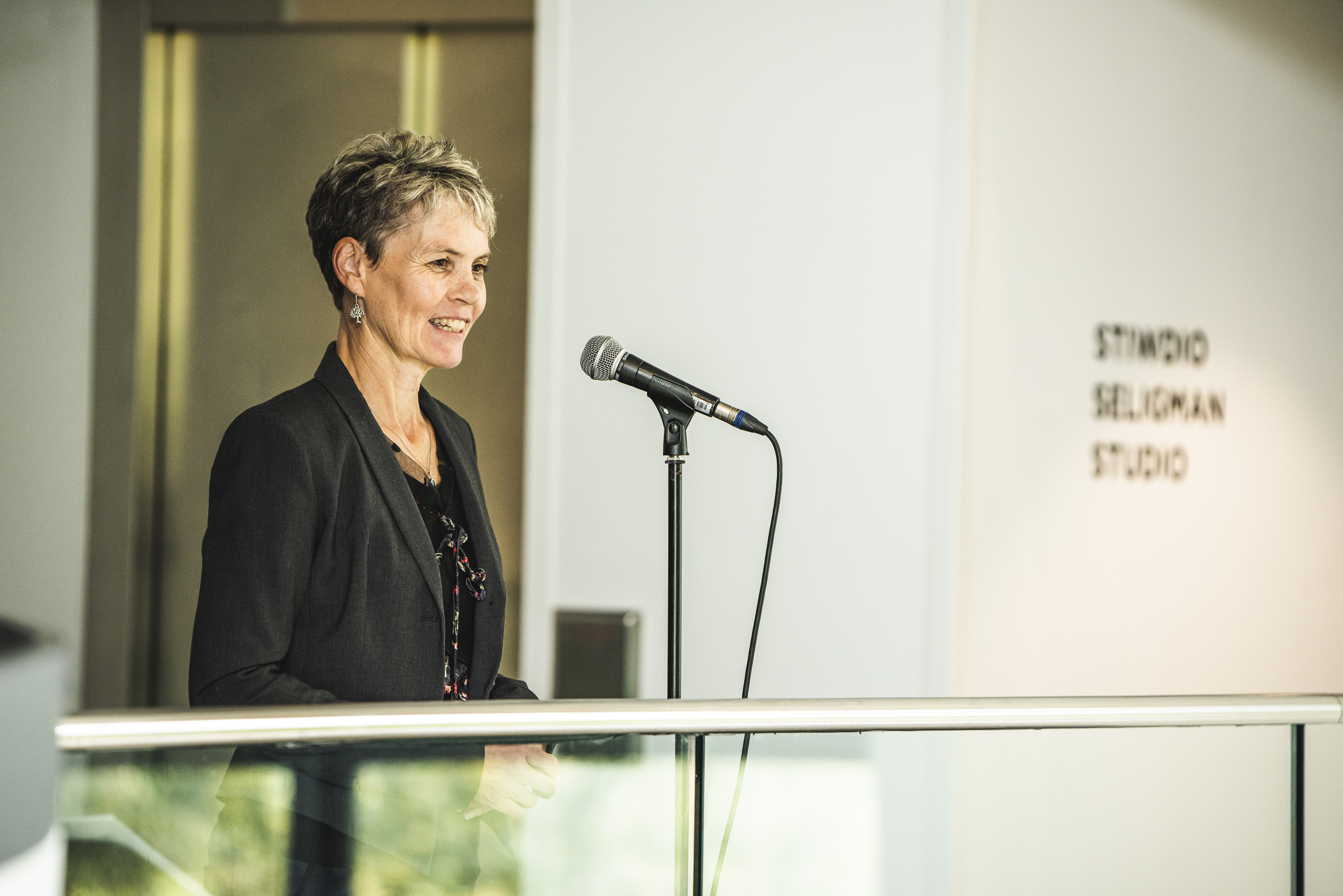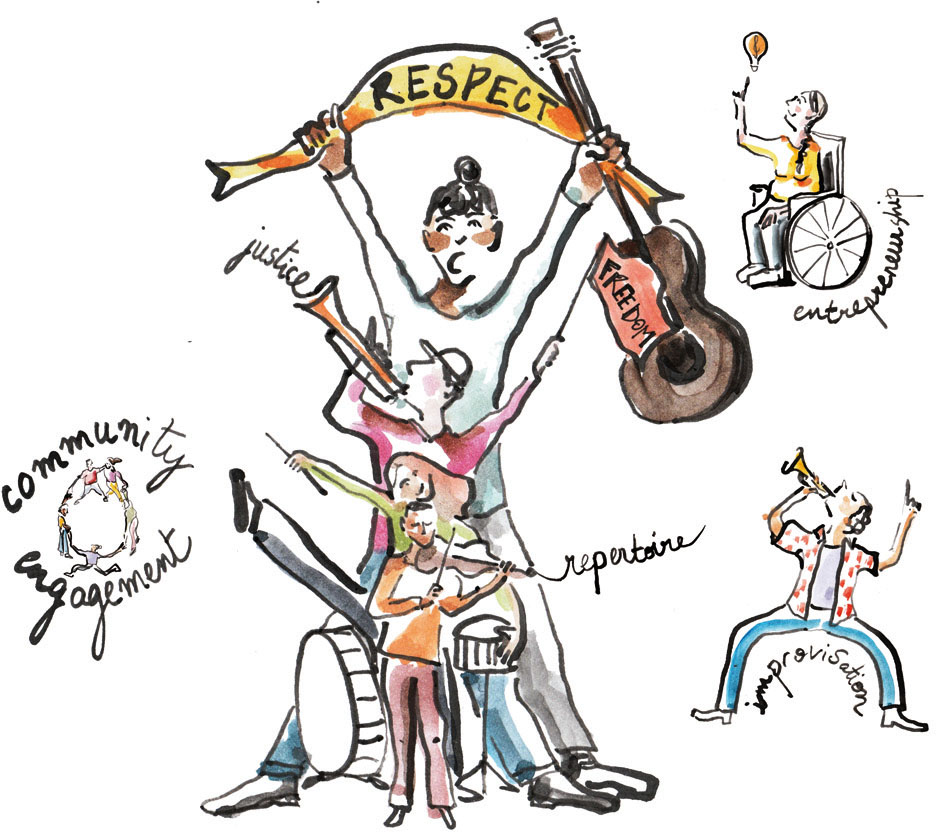
In his new autobiography, Nigel Kennedy describes having to keep his love of jazz secret from his professors at Juilliard. When he was invited to join Stéphane Grappelli on stage at Carnegie Hall – clearly an incredible coup for an undergraduate – violin pedagogue Dorothy DeLay advised against it as Sony, who were considering signing Kennedy at the time, wouldn't like to see the soon-to-be best-selling classical virtuoso dabbling in another genre.
While the industry has broadened its views in the intervening decades, there is still a tendency for some higher education institutions to focus too narrowly on canonical works and solo performance careers. ‘Lionising classical stars has long been how excellence is measured in conservatoires,’ said Helena Gaunt in the keynote address to ‘Strengthening Music in Society: The way forward for UK Conservatoires’, adding, ‘There is an urgent need for fresh orientating frameworks through which to navigate higher music institutions’ development.’
‘Musicking’
Strengthening Music in Society was a one-day event (16 December) hosted by the Institute for Social Impact Research in the Performing Arts at Guildhall School of Music & Drama, in association with Conservatoires UK (CUK), the Association Européenne des Conservatoires, Académies de Musique et Musikhochschulen (AEC) and SEMPRE (The Society for Education, Music and Psychology Research). Using the paper ‘Musicians as “Makers in Society”: A Conceptual Foundation for Contemporary Professional Higher Music Education’, co-authored by international industry representatives – including Gaunt – as a basis, the conference examined how institutions can help better prepare musicians for uncertain creative futures and support music making in society.
In her provocation, Gaunt – principal at Royal Welsh College of Music & Drama (RWCMD) and principal fellow of the Higher Education Academy – reminded delegates that students frequently engage in a wide variety of music outside the curriculum – just as Kennedy describes in Nigel Kennedy Uncensored! (Fonthill, 2021). Using the ethnomusicological concept of ‘musicking’ (Small, 1998), Gaunt cast music as being something that lives within society, rather than as an abstract activity. Three essential aspects were identified within a paradigm for higher music education: the need and potential in society, musical craft and artistry, and musicians’ visions and identities. These were then set as the backdrop for ‘the musician as maker in society’.


Helena Gaunt © KIRSTEN MCTERNAN
Responses from the floor
While we were digesting Gaunt and her co-authors’ interesting models for the future of higher music education, we heard from five respondents who each offered different perspectives from across the sector. Ankna Arockiam, PhD candidate at the Royal Conservatoire of Scotland and founder of Shared Narratives, represented the student view. Arockiam spoke of the ‘systemic cages of conservatoires’, an idea that was further developed by Diana Salazar, director of programmes at the Royal College of Music, who, as part of the pedagogic perspective, critiqued conservatoire ecology and purpose. Salazar gave a compelling argument for ‘dissolving the polarisation between artistic and social domains’; in short, providing formal recognition for socially driven music making.
Professor Graham Welch from the UCL Institute of Education turned the question on its head by asking whether conservatoires were the appropriate agency to bring about change, and gave insightful context about the role of the artist as researcher – a relatively new phenomenon. Southbank Centre's director of music Gillian Moore contributed a rather more anecdotal response, drawing on her own experience of community music and state-funded education to postulate whether someone from her background would have the possibility to pursue a career in music as she has. Representing the government and policy perspective, Jamie Njoku-Goodwin (CEO, UK Music) compared music in society with football, highlighting how the sport has become so successfully embedded into everyday life (despite the fact it could be argued to be more elitist than music).
Tying it all together
After all the Zooming of the past 18 months, delegates – myself included – had been looking forward to meeting in person at Guildhall for these important discussions. The report Strengthening Music in Society is the culmination of a four-year project and has already been viewed nearly 5,000 times (you can download the paper for free here). Sadly, this significant milestone was destined to be celebrated online, as London was hit with another rise in Covid cases. However, we were lucky to have saxophonist and broadcaster Jess Gillam to lead proceedings. Gillam deftly tied together the various threads of conversation and provided helpful introductions to all of the speakers as we went along.
After the official responses, delegates peeled off into discussion groups. These comprised: under-18 music provision; conservatoires in context: community, partnerships, and co-creation; diverse programming and audiences, and decolonising the curriculum; the one-to-one lesson and pedagogy in context; continuing professional development for mid-career musicians; research – what do we need to know? I joined ‘conservatoires in context’, where there was an interesting conversation about considering students as stakeholders in society, rather than leaders/recipients, and the importance of enabling students to be co-creators – especially in the curriculum.
Tim Rhys-Evans, director of music at RWCMD – featured in MT's July 2021 issue – gave feedback as to how this worked with the recent overhaul of the institution's popular BMus (Hons) Music course. Rhys-Evans and others also emphasised how critical it is to work closely with mentors from specialist charities – conservatoire professors cannot be expected to deliver this new strand of activity without the necessary support. (Notes from the discussion groups can be viewed here.)
What now?
At the final plenary, the conclusion was clear: we need to reconsider what we view as a ‘successful’ career in music. While we continue to need and admire our internationally renowned soloists, being a musician encompasses so many more roles – all of which are crucial to the future of society.

Artwork designed by RWCMD design for theatre graduate, Valentine Gigandet © VALENTINE GIGANDET








